
Due to policy proposals by opposition Labor party, who are currently set to win government, Australia is likely to weaker property prices and diminished productivity, says the Royal Bank of Canada.
Bloomberg, citing a research note from Su-Lin Ong, head of Australian economic and fixed-income strategy at RBC, reported that house prices could fall 15% under plans to curb property investment tax breaks, while proposed changes to other investor perks could shave up to 0.2% from annual consumption.
A general election must be called by May at the latest.
“We expect a small negative reaction from the currency and equity markets to a change of government,” Ong was quoted as saying in the research report. However, the economy should still see “ongoing Australian fixed-income outperformance against much of the dollar bloc, especially the U.S., and a lower Australian dollar.”
Bloomberg reports that the conservative government have trailed in the opinion polls, since the 2016 re-election, and last weekend, lost one of its safest seats in the country. In administrations of both sides,
The government is facing infighting, leading to two leader changes since its election in 2013, and Saturday’s by-election had been triggered by the ouster of former Prime Minister Malcolm Turnbull.
The Labor policies feature higher taxing and additional financing for areas like education and health, which does not imply a deteriorating budget bottom-line. Chris Bowen, the party’s finance spokesman promises to deliver larger surpluses than the incumbent Liberal-National coalition.
Ong is quoted by the publication as saying it’s possible prices won’t fall as much as her estimate through 2020, as regulators could ease macro-prudential measures; or the Reserve Bank of Australia could extend its interest-rate pause. Or it is also possible that hiring might intensify and wages unexpectedly accelerate.
“A weaker housing market and softer household income may well keep the RBA on hold for longer, while we expect a commitment to budget surpluses and RBA independence to be confirmed,” Ong said.
Reversing legislated tax cuts may prove problematic, according to Ong, seeing as the 45% top tax kicks in at a lower level than other global peers. Competitiveness and productivity may be hurt, driving skilled workers overseas.
TOP PICKS BY EDGEPROP
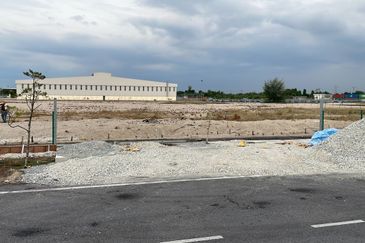
Pulau Indah Industrial Area
Pulau Indah (Pulau Lumut), Selangor
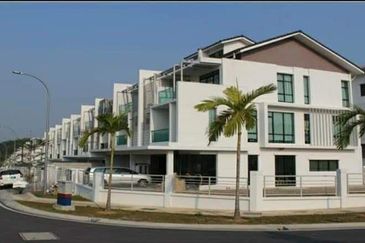
Kinrara Residence
Bandar Kinrara Puchong, Selangor
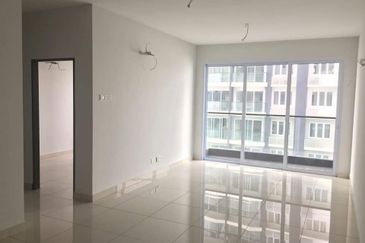
Aurora Residence @ Lake Side City
Puchong, Selangor
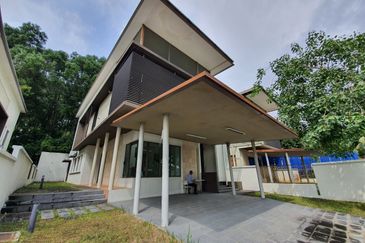
Taman Bukit Kuchai
Bandar Kinrara Puchong, Selangor

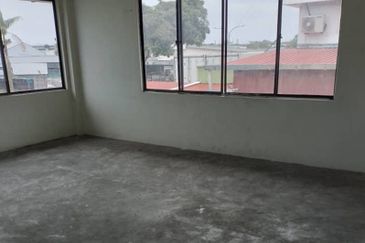
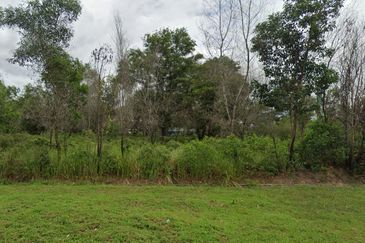
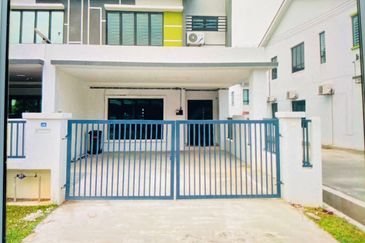
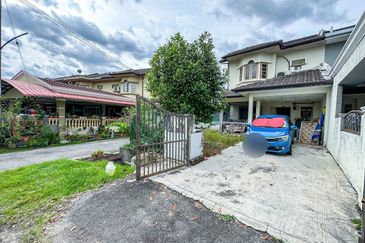
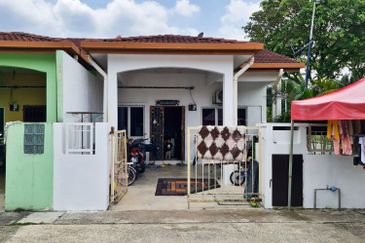
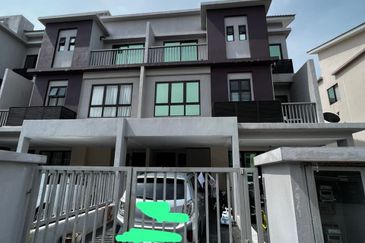
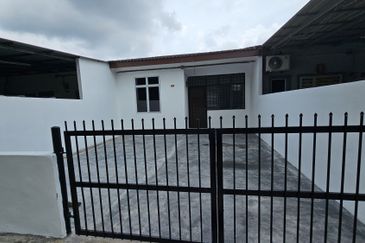
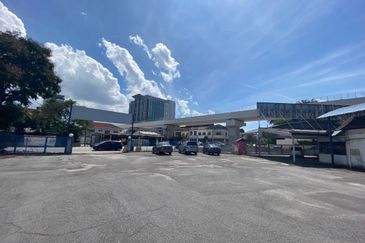
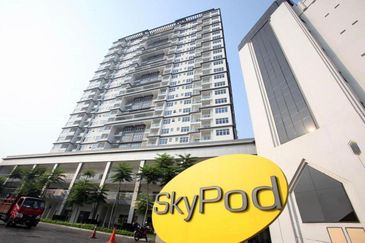
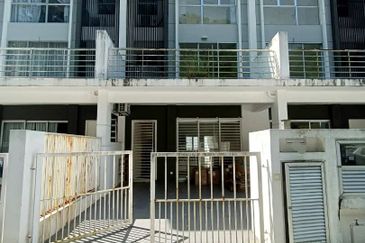

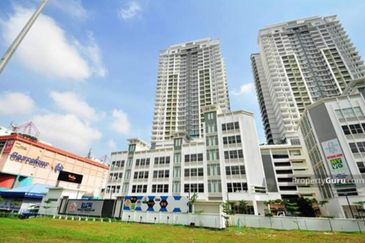
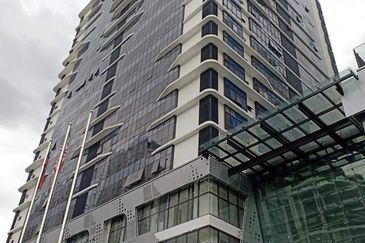
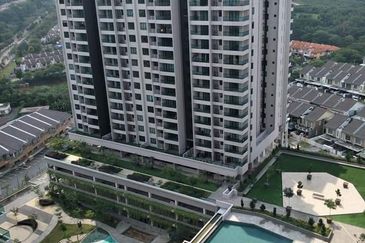
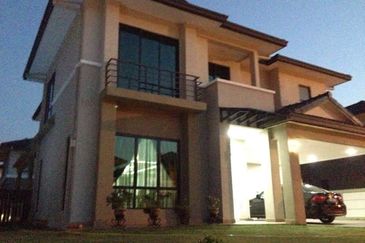
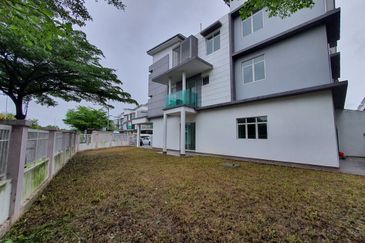
hero.jpg?GPem8xdIFjEDnmfAHjnS.4wbzvW8BrWw)



